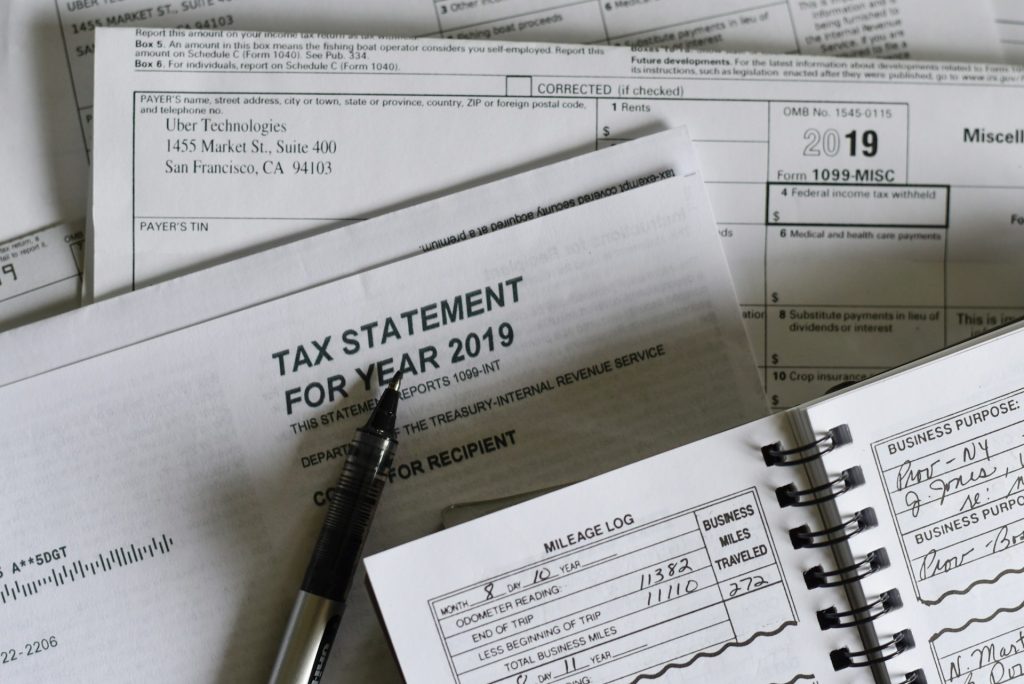
When tax season rolls around, everyone wants to save money. Tax breaks can seem like a gift. They promise lower bills and bigger refunds. But not all tax breaks are as helpful as they look. Some can cost you more in the long run. Others come with strings attached that aren’t obvious until it’s too late. If you want to keep more of your money, it’s important to know which tax breaks might backfire.
1. Early Retirement Account Withdrawals
Taking money out of your retirement account before age 59½ can look like a quick fix. You might need cash for an emergency or a big expense. The IRS allows some early withdrawals without the usual 10% penalty if you meet certain conditions. But here’s the catch: you still owe regular income tax on the amount you take out. That can push you into a higher tax bracket. Plus, you lose out on years of tax-deferred growth. The money you take now could have doubled or tripled by retirement. So, while this tax break helps in the short term, it can shrink your nest egg and cost you more later.
2. Home Office Deduction
Working from home is common now, and the home office deduction sounds like a win. You can deduct a portion of your rent, utilities, and other costs. But the rules are strict. The space must be used only for work, and you need good records. If you sell your home, the IRS may “recapture” some of those deductions, meaning you’ll owe taxes on the amount you wrote off. This can surprise people who thought they were just saving a little each year. If you’re not careful, the home office deduction can lead to a bigger tax bill when you move.
3. State and Local Tax (SALT) Deduction
The SALT deduction lets you write off state and local taxes on your federal return. It sounds generous, but there’s a cap—currently $10,000. If you live in a high-tax state, you might not get the full benefit. Worse, taking the SALT deduction can make you miss out on the standard deduction, which could be higher. And if you’re subject to the Alternative Minimum Tax (AMT), you might lose the SALT deduction entirely. This tax break can look good on paper but leave you paying more overall.
4. 0% Capital Gains Tax Rate
If your income is low enough, you might qualify for a 0% tax rate on long-term capital gains. That sounds like free money. But selling investments to take advantage of this rate can push your income higher, making you ineligible for other credits or benefits. For example, it could affect your health insurance subsidies or student aid. And if you sell too much, you might bump yourself into a higher tax bracket for other income. This tax break is helpful, but only if you plan carefully.
5. Flexible Spending Accounts (FSAs)
FSAs let you set aside pre-tax money for medical or dependent care expenses. The catch? You have to use the money by the end of the year, or you lose it. Some plans offer a short grace period or let you roll over a small amount, but most of the money is “use it or lose it.” If you overestimate your expenses, you could forfeit hundreds of dollars. This tax break rewards careful planning but punishes mistakes. It’s easy to get burned if your needs change or you forget to spend the funds.
6. Mortgage Interest Deduction
The mortgage interest deduction is one of the most popular tax breaks. It encourages homeownership by letting you deduct interest paid on your mortgage. But it only helps if you itemize deductions, which fewer people do since the standard deduction increased. Plus, the deduction is limited to interest on up to $750,000 of mortgage debt. If you pay off your mortgage early or refinance, your deduction shrinks. And over time, as you pay down your loan, the interest portion drops, so your tax break gets smaller. Sometimes, people buy bigger homes or take on more debt just to get this deduction, which can lead to higher costs in the long run.
7. Education Tax Credits
Education tax credits like the American Opportunity Credit and Lifetime Learning Credit can help with college costs. But they come with income limits and strict rules. If your income is too high, you can’t claim them. If you make a mistake on your taxes, the IRS can deny the credit and even ban you from claiming it for years. Also, using these credits can affect your eligibility for other aid, like need-based scholarships. Sometimes, families claim the credit and then find out they owe more taxes or lose other benefits.
Think Before You Claim: The Real Cost of Tax Breaks
Tax breaks can help, but only if you understand the trade-offs. Some save you money now but cost you more later. Others come with rules that can trip you up. Before you claim any tax break, look at the big picture. Ask yourself if the short-term savings are worth the long-term cost. Sometimes, skipping a tempting deduction is the smarter move. And if you’re not sure, talk to a tax professional who can help you avoid surprises.
Have you ever claimed a tax break that ended up costing you more? Share your story or tips in the comments below.
Read More
10 Things People Don’t Realize Will Be Taxed After They Die
12 Tax Deductions You’re Probably Missing (And Leaving Money on the Table)
The post 7 Tax Breaks That Sound Generous but Cost You Later appeared first on The Free Financial Advisor.







